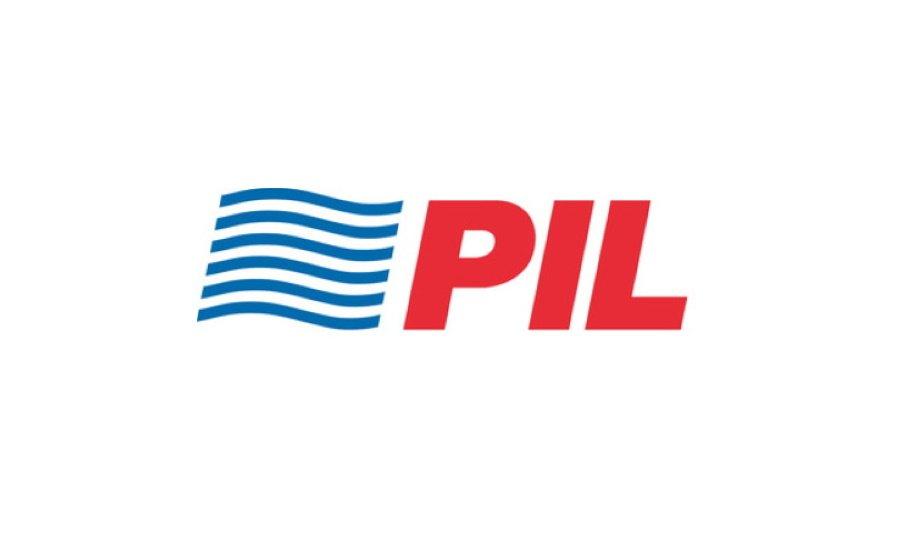Pacific International Lines (PIL) is pleased to announce the award of a contract to Jiangnan Shipyard (Group), for the construction of four 14,000 TEU container vessels. The vessels will be equipped with dual-fuel engines and auxiliaries that can run on both Liquefied Natural Gas (LNG) and low sulphur fuel oil.
The four vessels will be delivered progressively from the second half of 2024 through to the first half of 2025. When delivered, the vessels will become the largest container vessels in PIL’s fleet and the first vessels in the fleet to run on LNG.
Contract for 14,000 TEU LNG dual-fuel propulsion vessels
The LNG option represents an important step in PIL’s decarbonisation journey"
Lars Kastrup, the Co-President and Executive Director at Pacific International Lines (PIL), said “This contract to build the four 14,000 TEU LNG dual-fuelled vessels marks our plan to continue optimising our fleet, in order to serve our customers in our key markets. At the same time, it is aligned to our total commitment to reducing PIL’s carbon emissions, by tapping on the latest technologies available.”
Lars Kastrup adds, “The LNG option represents an important step in PIL’s decarbonisation journey, and as BioLNG and e-Methane, as well as other technology solutions mature, we aspire to continue to be at the forefront of these developments, so as to achieve the company’s zero emissions target.”
Vessels equipped with ammonia intermediate ready fuel tanks
To further demonstrate Pacific International Lines’ commitment to meet the industry’s environmental goals, the four vessels will be equipped with ammonia intermediate ready fuel tank, which makes it possible to retrofit the vessels to run on ammonia, when the technology is commercially available.











